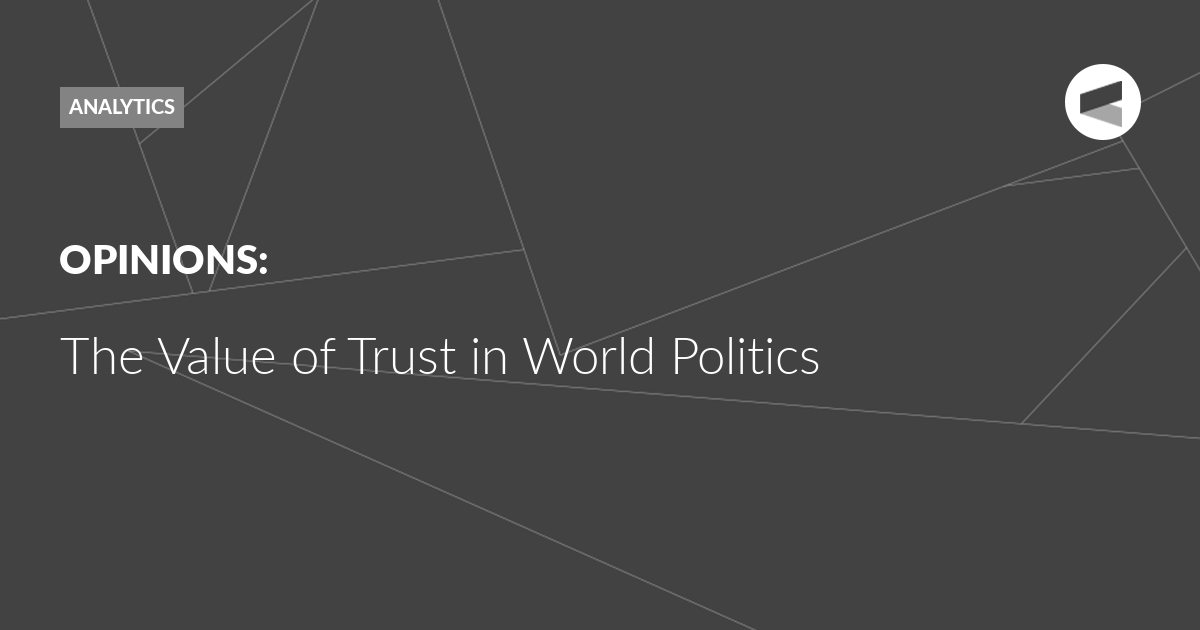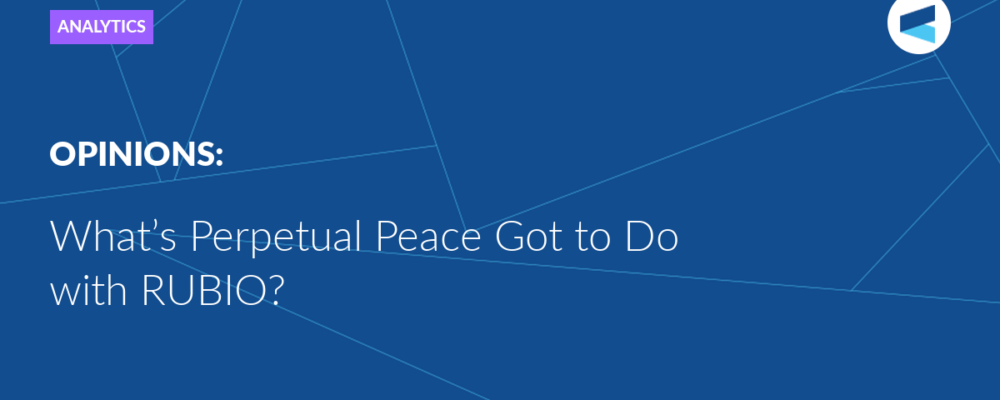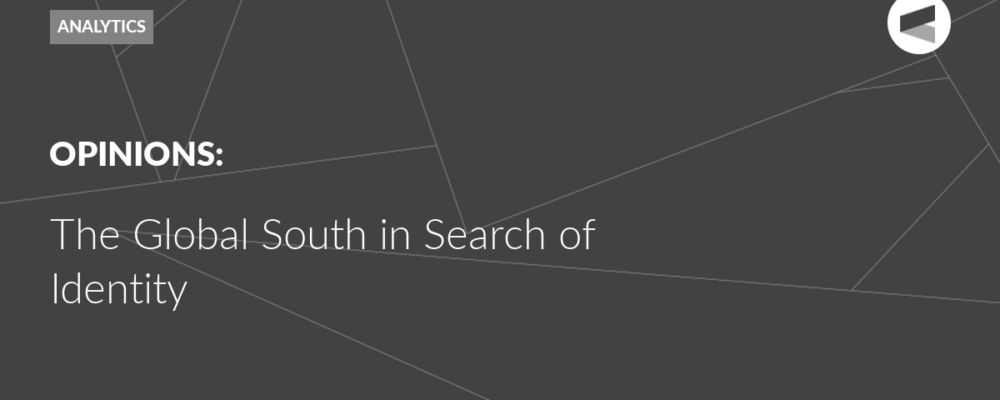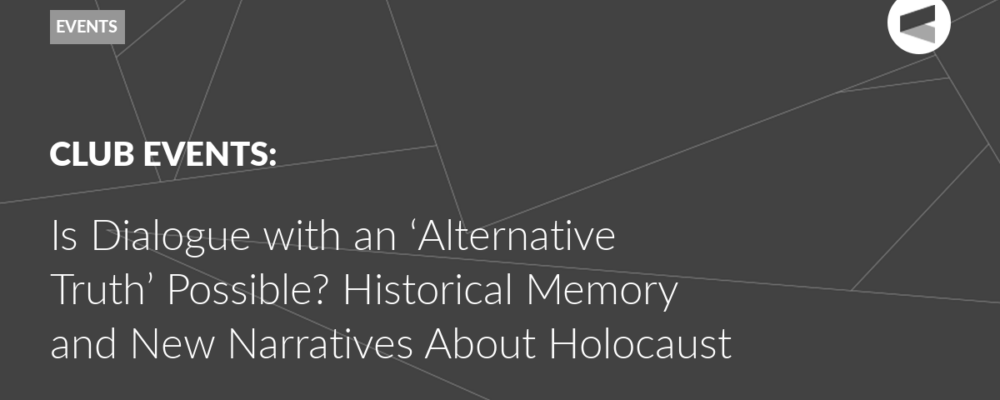In this case, the relations of the same states may change as a result of the change of their representatives in negotiations. With one president (or minister), the factor of personal trust contributes to the success of negotiations, while with another leader of the same country, personal distrust undermines this. As an example, Donald Trump’s famous phrase “I had no wars. I’m the only president in 72 years, I didn’t have any wars.” It is clear that there may be some bragging in hindsight. There may also be some reasons for this phrase. In a similar context, one can sometimes come across statements that “under Merkel there would be no war,” and even “under Poroshenko there would be no war.” The argument in favour of this lies precisely in the plane of individualised, personal trust between politicians in one case and its absence in another. It is clear that when we talk about the specifics of the psychological perception of another, trust is not the only thing that plays a role here. But it is closely connected with the factor of personal respect for the other, with the factor of perceiving the other as an equal, as a proverbial “heavyweight”. In any case, this factor of personalized trust, as we see, should not be discounted.
Another important aspect is that trust of any kind, both personal and general, must be mutual. Otherwise, it will constitute an abuse of trust by one side. This would obviously violate the principle of equality in negotiations and may make the final decision less than mutually beneficial. In this case, again, by and large, it does not matter whether there was actually a breach of trust, or whether there was only a subjective psychological perception of the actions of the counterparty as such. It doesn’t make it any better anyway. The recent history of Russia can provide, in our opinion, two examples of this. First, they apply to the final results of Mikhail Gorbachev’s negotiations with his Western counterparties. There, quite clearly from our point of view, one could see much greater openness and trust on the one hand than on the other. It was not for nothing that Ronald Reagan then remembered at one of the press conferences with Gorbachev the Russian proverb “Trust, but verify.” Another example, we repeat, in our opinion, is associated with Vladimir Putin’s persistently repeated statement that “we were made fools” at the Minsk negotiations on Ukraine after 2014. As a result, both played their role in subsequent political history.
The issue of a complete loss of mutual trust is especially acute in the context of severe international conflicts between the parties involved. Here trust collapses in every sense, historical-semantic, personal, military-political, and in any other sense. It is naive to expect that it will at least somehow recover in the medium-term, if we take the case of hyper-trust on the one hand and abuse of trust on the other. By this logic, there is no point in expecting a restoration of trust between Russia and the West. It has been lost for a very long time.
Therefore, in the current context, the issue of preserving and strengthening trust between non-Western countries begins to play a key role. If we take, for example, the BRICS countries, then here, on the one hand, in the relations between some of them we can see both the traumas of historical memory and negative semantic stereotypes, which can also undermine trust, if not between politicians, then in a broader sense one society’s perception of another. But on the other hand, in the case of BRICS, there is a fairly clearly expressed mutual political will to strengthen trust between member countries, and not to undermine it.
The issue of trust is closely related to the issue of the political consolidation of BRICS, with the development of joint economic, financial and other projects under the auspices of this association. Only in this case, I think, BRICS will be able to move to a qualitatively new stage of its development, from a purely symbolic alternative to the West, issuing beautiful declarations once a year, to the real core of the non-Western world order.
The Valdai Discussion Club was established in 2004. It is named after Lake Valdai, which is located close to Veliky Novgorod, where the Club’s first meeting took place.
Please visit the firm link to site






